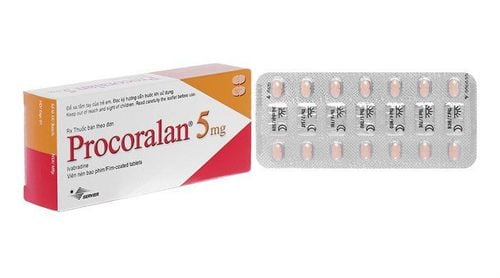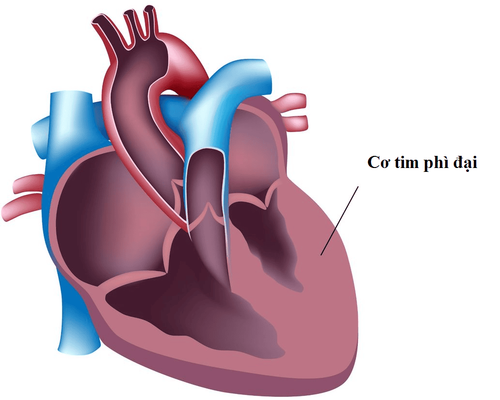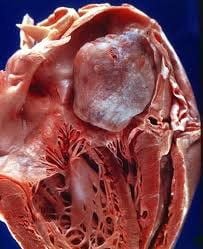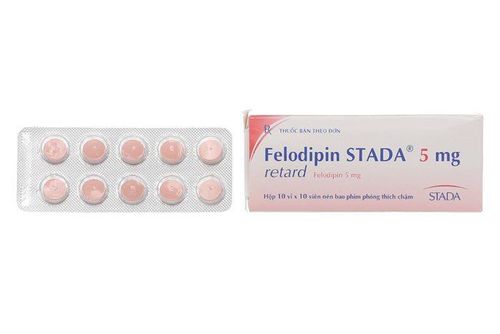This is an automatically translated article.
The article is professionally consulted by doctors at Cardiology Center - Vinmec Times City International HospitalRisk factors for coronary heart disease are high LDL cholesterol, high blood pressure, family history, diabetes, smoking, obesity, postmenopausal women, and men over 45 years of age. In addition, there are many other risk factors for coronary heart disease, but many people are often subjective and do not care about their health, so coronary heart disease has often turned into a chronic form, difficult to treat and recover.
1. Risk factors for coronary heart disease
Coronary artery disease is usually caused by atherosclerosis. This is a serious condition caused by plaque buildup in the coronary arteries. In fact, they are smooth and elastic blood vessels that carry oxygen-rich blood to the heart. But when thin, atherosclerotic plaque builds up on the inner wall, arteries can become hard and narrow. This slows and reduces blood flow to the heart muscle, so the heart doesn't get the oxygen it needs. The plaques can also rupture, leading to a heart attack or sudden cardiac death.
Some coronary heart disease risk factors are modifiable, others are not. Specifically, modifiable coronary artery disease risk factors include:
Being overweight or obese Diabetes High blood pressure and high cholesterol Frequent stress Less physical activity People with a history of smoking or smoke inhalation People with an unhealthy diet, including many foods high in saturated fat, salt, and sugar. Risk factors for coronary heart disease that cannot be changed include:
Advanced age, especially over 65 Family history, especially if a close relative had heart disease at a young age Gender: Male under 70 Older women have a higher risk of heart attack and earlier onset of the disease than women. Race: African-Americans are at higher risk than people of other races because they generally have higher blood pressure. Asians and Hispanics have higher rates of obesity and diabetes, and therefore also have a higher risk of heart disease. Among them, obesity is an independent risk factor for all-cause mortality. It is a metabolic disorder associated with comorbidities such as coronary heart disease, type 2 diabetes, hypertension, and sleep apnea. When excess fatty tissue accumulates, there are changes in metabolism and heart function. A recent study found that a higher body mass index (BMI) in childhood is associated with an increased risk of coronary heart disease in adulthood.
MORE: Causes of coronary atherosclerosis

Người béo phì thường tăng nguy cơ mắc bệnh mạch vành
2. The mechanism of coronary heart disease of risk factors
Experts believe that coronary heart disease begins with damage to the inner layer of your coronary heart. This damage can even occur in a child. Plaque starts to build up along the walls of blood vessels from when you are young to old.Over time, as the coronary arteries narrow, the heart can grow new blood vessels around it to ensure an adequate supply of blood to the heart muscle. But if you're under exertion or stress, the new vessels can't carry enough oxygen-rich blood to the heart.
In the event that the plaque ruptures, a blood clot can block the blood supply to the heart muscle, causing an angina attack or a heart attack If the blood vessel to the brain is blocked by a blood clot, you ischemic stroke may occur. If a blood vessel in the brain bursts due to high blood pressure, you could have a hemorrhagic stroke. Studies have found that daily low-dose aspirin can help prevent heart attacks and strokes in people 50 years of age and older and at high risk for heart disease. However, you should consult your doctor before deciding to take low-dose aspirin due to the risk of bleeding when taking it.
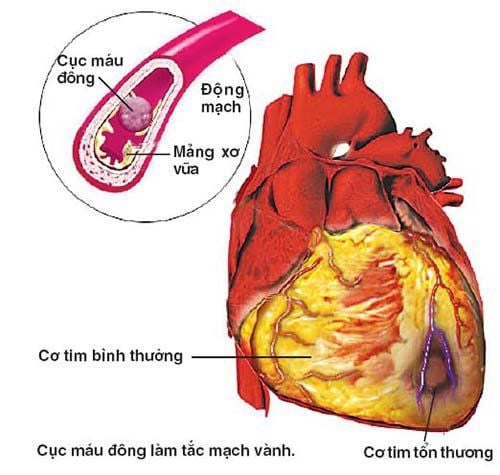
Cục máu đông xuất hiện chặn nguồn cung cấp máu cho cơ tim, gây ra một cơn đau thắt ngực hay nhồi máu cơ tim
3. Can early coronary heart disease be prevented and how?
Lifestyle changes are one of the important requirements when treating coronary artery disease. If you smoke, quit. Eat less processed foods and switch to a diet low in saturated fat, low in salt, and low in sugar. Control your blood sugar if you have diabetes. Exercise regularly under the advice of a doctor or health professional to choose the right type of activity.If lifestyle changes are not enough, the patient may need medication depending on the current medical condition. Some medications prescribed for people with coronary artery disease include: aspirin, cholesterol-lowering drugs, beta-blockers, calcium channel blockers, ranolazine, drugs that block the renin-angiotensin system.
In addition, there are other common ways to treat more severe coronary artery disease, including balloon angioplasty, stenting, and coronary artery bypass graft surgery. All of these treatments increase the blood supply to your heart, but cannot completely cure coronary heart disease.
MORE: Coronary Bypass Surgery: An Effective Solution for Coronary Disease
Cardiac rehabilitation is also an important part after treatment for coronary artery disease or other heart problems. Research shows that proper health care and monitoring can reduce your risk of dying from heart disease and heart problems in the future. The patient will be instructed by the medical staff:
Exercise and movement Information about a healthy lifestyle, including food choices, correct medication and other changes Quitting smoking Control blood pressure , cholesterol and blood sugar Avoid alcohol, or at least cut back Keep a healthy weight Advice to reduce stress and improve your mental health.

Việc tập luyện đều đặn có thể phòng ngừa bệnh động mạch vành
In summary, atherosclerosis develops over many years and often progresses over time, causing symptoms in middle age. The risk of developing coronary heart disease increases with age, and a family history of early heart disease is also a risk factor for coronary heart disease. Many coronary heart disease risk factors are lifestyle-related, so lifestyle changes and prophylactic drug therapy are important for the prevention of cardiovascular disease and death.
With many years of experience in the examination and treatment of cardiovascular diseases, Vinmec International General Hospital has now become one of the major health care centers, capable of examination and screening. and treat many cardiovascular diseases, including coronary artery disease. Therefore, if patients have symptoms or have risk factors for coronary heart disease, they should soon go to major cardiovascular centers such as Vinmec International General Hospital for examination, screening and treatment before the disease becomes serious. serious.
In addition, to protect cardiovascular health in general and detect early signs of cardiovascular disease, customers can sign up for the Cardiovascular Screening Package of Vinmec International General Hospital. The examination package helps to detect cardiovascular problems at the earliest through the most modern tests and imaging methods. Packages for all ages, genders and especially are essential for people with risk factors for coronary heart disease.
Please dial HOTLINE for more information or register for an appointment HERE. Download MyVinmec app to make appointments faster and to manage your bookings easily.
References: heart.org, .ncbi.nlm.nih.gov, .webmd.com




